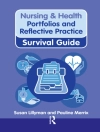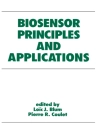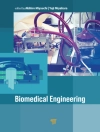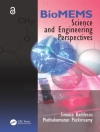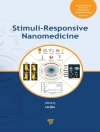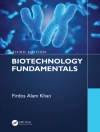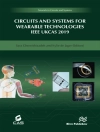The role and function of the nurse is rapidly changing, and nurses are now required to undertake a comprehensive clinical examination of patients, a responsibility traditionally undertaken by a doctor. Clinical Examination Skills is an accessible, introductory guide to helping nurses fulfil this role, enabling them to understand the core skills and knowledge needed to assess patients competently. This practice-based book will be invaluable to pre-registration nursing students and newly qualified nursing staff, empowering them to meet the challenges of autonomous practice.
Mục lục
Chapter 1- Overview of taking a history and clinical
examination.
Chapter objectives.
Taking a history e.g. medical, family, drugs, social etc.
Consent issues.
Clinical examination.
Documentation.
Chapter summary.
Chapter 2- Symptoms of diseases.
Chapter objectives.
Breathlessness.
Chest pain.
Dizziness.
Altered conscious level.
Constipation/diarrhoea.
Jaundice.
Nausea/vomiting.
Chapter 3- Examination of the Cardiovascular system.
Chapter objectives.
History.
Peripheral vascular assessment.
Pulses, peripheral/central.
Blood pressure.
JVP.
Palpation of the precordium.
Auscultation of the heart.
Chapter 4- Examination of the respiratory system.
Chapter objectives.
Respiratory history.
Peripheral assessment of respiratory disease.
Inspection/palpation/percussion/auscultation.
.
Chapter 5- Examination of the gastrointestinal
system.
Chapter objectives.
GI history.
Peripheral assessment of GI disease.
Inspection/palpation/percussion/auscultation of abdomen.
Digital examination of the rectum.
.
Chapter 6- Examination of the neurological system.
Chapter objectives.
Neurological history.
The unconscious patient.
Assessment of conscious level.
Examination of cortical function & cranial nerves.
Peripheral assessment of neurological function Chapter 7-
Examination of the skeletal system.
Chapter objectives.
Skeletal history.
Examination of hands, shoulders, hips, knees & spine
Giới thiệu về tác giả
Phil Jevon is the Clinical Skills Lead/ Resuscitation Office
at The Manor Hospital, Walsall. He runs and directs the
Resuscitation Council (UK) ALS, ILS, EPLS Courses and still works
regularly in the clinical area. A key part of his role is to
provide simulation training for medical students on SIMMAN in
clinical examination skills – he has recently been awarded
honorary Clinical lecturer in recognition of this work.
A Consultant Physician will be co-authoring the book. He has over
30 years experience at Consultant level.


